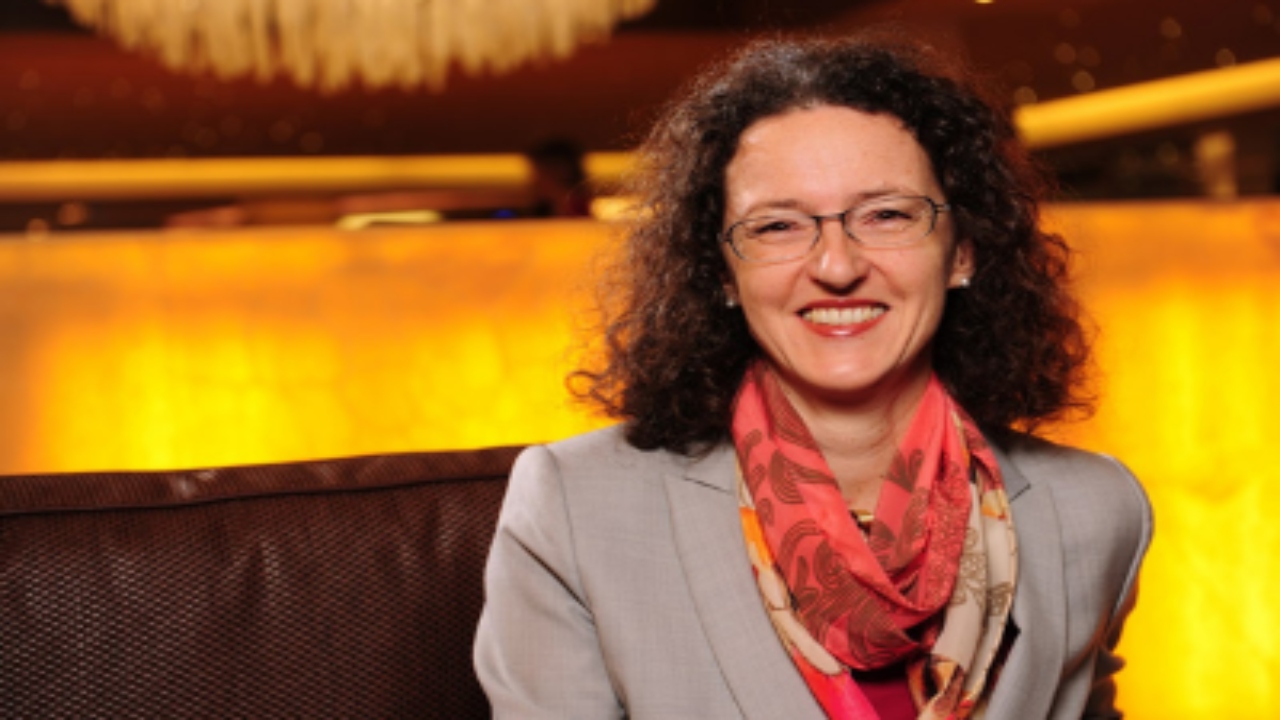Clive Sheppard has extensive purchasing and procurement experience within the luxury hospitality sector with brands including The Savoy, Fairmont Hotels & Resorts, Rosewood Hotels & Resorts and The Dorchester Collection.
Clive brings his expertise in hotel and restaurant openings, developing and implementing new systems and his exceptional negotiation skills to Zero Procure, which launched in 2020. Born out of a desire to support industries affected by the pandemic, with the purpose of simplifying procurement, Zero Procure brings operators and suppliers together to benefit from efficiencies and cost savings. With over 20 years of operational knowledge and expertise in procurement, he has a passion for excellence and leads by example in delivering results for Zero Procure’s operators and suppliers.
FM Recruitment has a long-standing relationship with Clive, as both a candidate and client, since 1998. We are delighted to share his insights on the hospitality industry as part of our Success Stories series.
What inspired you to follow a career in hospitality?
I’ve always worked in a service-based industry, beginning my career in retail. I love the energy and camaraderie of a people-oriented business and from an early stage in my career, I was actively trying to break into the buying side. A close friend and hospitality advocate from FM Recruitment, who probably knew me better than I knew myself at the time, introduced me to the world of hospitality with a six-week placement opportunity in the purchasing department of a hotel.
I had been saving and planning to go backpacking in Asia so I definitely hesitated for a moment. Although I was intrigued by the opportunity to move into purchasing, I had never really considered hospitality as an option. As I explored the opportunity further, I learnt that the placement was at The Savoy. I promptly cancelled my trip and started the placement the week after, beginning a career in hospitality at one of the most iconic hotels in the world. I eventually became the Area Director of Procurement for Fairmont, overseeing the full refurbishment of The Savoy, whilst leading four other Purchasing Managers at other hotels in the region.
What advice would you give to someone who is just starting (or considering to start) their career in the hospitality industry?
I was very lucky to have access to people who knew the hospitality industry so well. Through my long standing relationship with FM Recruitment, I was able to share experiences, have some frank conversations and understand opportunities for development. In many ways, they were mentors and have supported me with my career trajectory.
Therefore, it may be no surprise that I would advise everyone to find themselves a mentor as soon as possible during their early career. Whilst many companies may have their own programs within the company, I would also recommend finding someone completely separate, ideally a few positions ahead of you, who still knows the landscape of your position and has some wider picture of what lies ahead.
I would also suggest that you try to diversify your skills as early as possible. If you aspire to progress to a Hotel General Manager and beyond, those candidates who have worked in numerous disciplines such as Food & Beverage, Finance and Rooms early in their career, will likely have more opportunities to advance quickly.
What are the biggest opportunities in the hospitality industry as it recovers from the pandemic?
One of the biggest challenges at the moment involves the recruitment and retention of employees. The pandemic combined with Brexit has led to huge vacancies as many candidates reconsider a career in hospitality.
The hospitality industry is, and has always been, a valuable sector to learn transferable skills for life and other careers, with working hours that can be adapted around other commitments such as study. For those that are looking to develop further within the industry, there are few others that will give you the chance to take on the responsibility of supervising and leading teams at such an early stage of your career. The opportunities to progress are endless. With the apprenticeship level funding currently in place, hotels can provide great development opportunities to retain this future talent.
From a procurement perspective, cost control comes into even sharper focus after a downturn. Those businesses that have faced significant drops in revenue need to protect profit (or minimise loss), with a strong profit protection strategy in place. This doesn’t always mean getting the cheapest price or driving down prices to try to stimulate demand, but working with suppliers to find the best deal for their business, with the flexibility they need to avoid unnecessary costs during periods of unpredictable revenue forecasts.
Profit protection is an area that Zero Procure specialise in. We have walked a mile in our clients’ and suppliers’ shoes, from our many years working in the hospitality industry. We’ve experienced the ups and downs and understand what it takes to protect profits in lean times and maximise them once the market improves. We work with a network of industry specialists, who are flexible to adapt to the specific needs of a business, helping to minimise risk and allow businesses to stabilise before owning the upswing.
With COP26 having recently taken place in Glasgow and a ‘Decade of Action’ for decarbonisation in place, what do you think will be the biggest changes in hospitality procurement over the next ten years?
Some of the big trends we are seeing with our network at Zero Procure is the hyper-localisation and focus on provenance. Customers want to know about the origin of their products, how they were created and taken care of and who are the people behind the brands they select to work with.
Supply chain transparency has been driven by pressure from governments, customers and other stakeholders for companies. Customers and employees value information on employees engagement, company culture, the provenance of products and the conditions in which they were produced.
The pandemic and Brexit has put a lot of pressure on businesses to control cost and unfortunately, sustainable products are still generally more expensive. A few hospitality companies are doing great things to try and drive this but I think many more may adapt a wait-and-see philosophy and hold off making any dramatic changes until they move beyond the recovery phase and they can see more customers voting with their feet to support those sustainably- led businesses.
With unpredictable business levels and a challenging recruitment landscape, Outsourcing has become an appealing option for hospitality businesses. What tips can you share to help businesses choose the perfect outsourced partner?
We truly believe that outsourcing certain tasks can be a massive benefit to businesses, especially with regards to procurement!
Some tips include choosing a partner to complement the team you have in-house. From our perspective, we pride ourselves on becoming part of the team. We love to work with an existing procurement team and we always try to share our knowledge and experience to help develop their skills and expertise in this area.
A great outsourced partner is also offering an outside perspective, something that often can’t be replicated by an in-house team. Our support isn’t blinkered with the internal structures of a business and we can give advice that is best for the business rather than for individuals within it.
Most importantly, a great partner should be motivated by consistently offering great value to their clients, without the threat of a long inflexible contract that could stifle the benefits of the relationship.
What is the greatest lesson you have learned, so far, through a career in hospitality?
I think that the idea of taking control of your own development is absolutely vital. Try to get comfortable with being uncomfortable – push yourself out of your comfort zone and actively seek out opportunities for progression. Your development supports the overall success of your business, so do carve out time for it. Setting yearly and monthly goals and targets and then pushing yourself to consistently measure your achievements and adapt, will help you concentrate on developing your skills and experience to put yourself in a position to take advantage of opportunities as they arise.
Build and nurture a network within and outside your organisation, whether that is through a recruitment consultant, a professional association or on LinkedIn – you never know what opportunities may be awaiting. Whilst moving jobs can be stressful and has some risk involved, the benefit of new experiences and making contacts can be very helpful later in your career.
For support with your next career move or to enhance your recruitment strategy, please call FM Recruitment on +44 20 8600 1160 or contact Chris Denison Smith or Andrea Shaw on fm@fmrecruitment.co.uk now.









